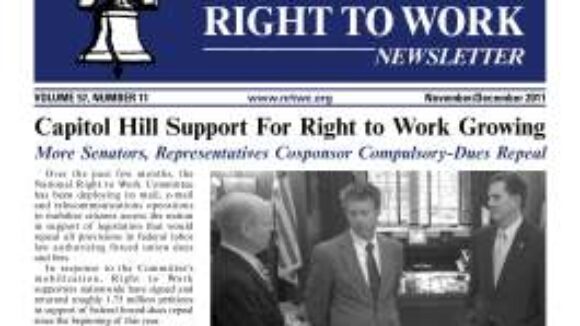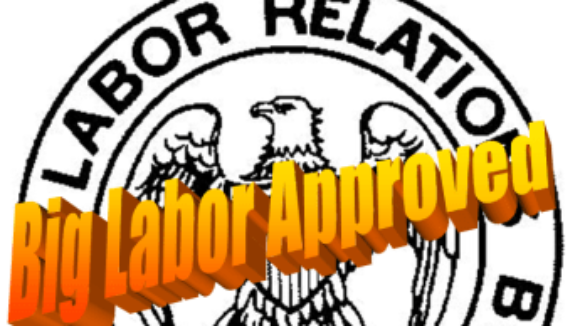NLRB: Law Breakers?
Conn Carroll of the Washington Examiner raises an interesting question: Did the National Labor Relations Board violate federal law?
What if there were emails showing Supreme Court Justice Sonia Sotomayor coordinating with Attorney General Eric Holder and White House press secretary Robert Gibbs on how the Obama administration should fight judicial challenges to Obamacare?
At a bare minimum, Justice Sotomayor would have to recuse herself from the case, she might be impeached, and Holder would face serious ethics questions as well. But such emails do not exist ... concerning Obamacare. When it comes to the National Labor Relations Board suit against Boeing, that is a different story.
Cause of Action, a government accountability nonprofit, has obtained emails through a Freedom of Information Act request showing then-NLRB Chairwoman Wilma Liebman, NLRB Acting General Counsel Lafe Solomon and NLRB Public Affairs Director Nancy Cleeland coordinating the board's response to its own decision to sue Boeing for opening a factory in the right to work state of South Carolina.
But, since the NLRB is an independent agency, shouldn't they be allowed to coordinate about ongoing litigation? Yes and no. The NLRB is supposed to be an independent agency, capable of creating rules, enforcing them and adjudicating them.
But because the NLRB has within itself all of the governing powers our Founding Fathers believed should be separated (legislative, executive and judicial), its creators also wrote rules making it illegal for board employees who perform different functions from communicating with each other under certain circumstances.
Specifically, 29 C.F.R. 102.126 and 29 C.F.R. 102.127 forbid a member of the board from requesting or "knowingly caus[ing] to be made" any ex parte communications with any interested person outside the agency relevant to the proceeding.
That same regulation also forbids any "interested person outside this agency" from making any ex parte communications to board members.




